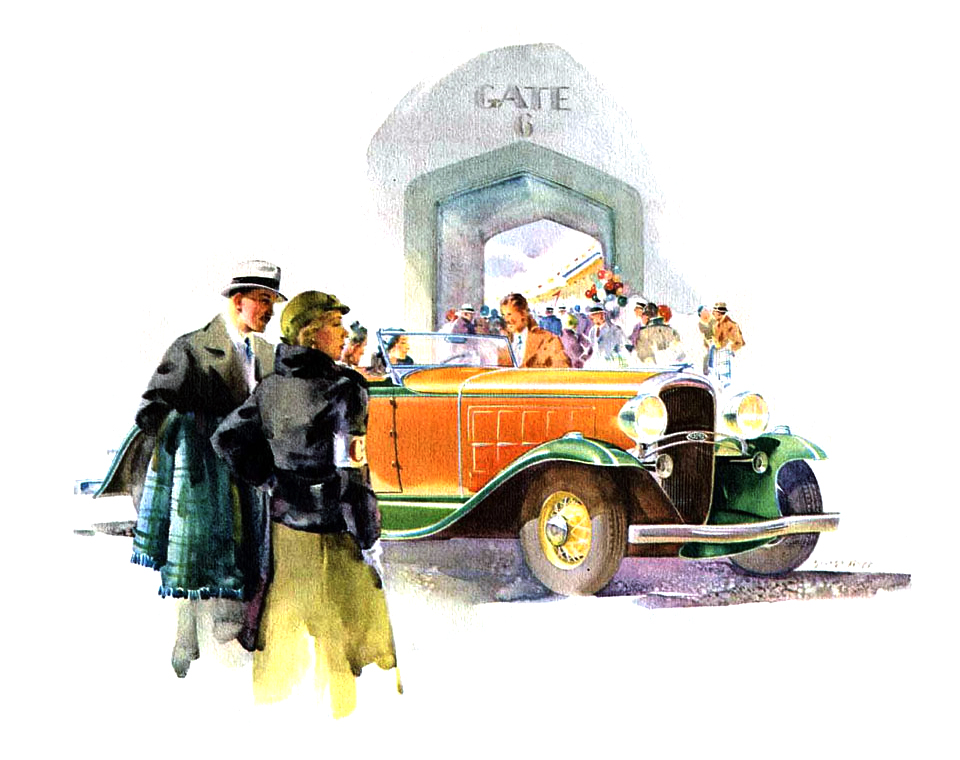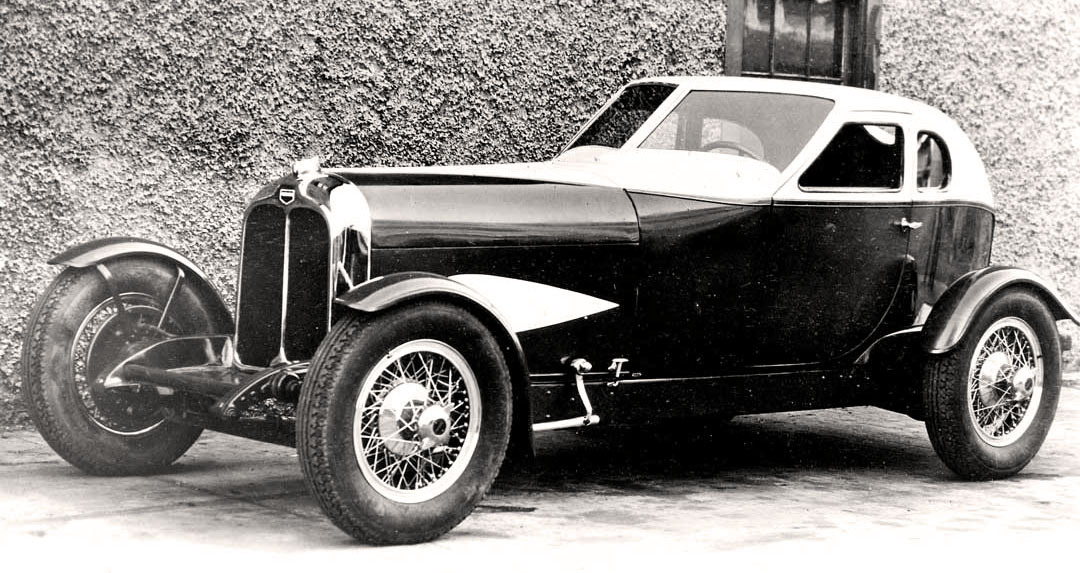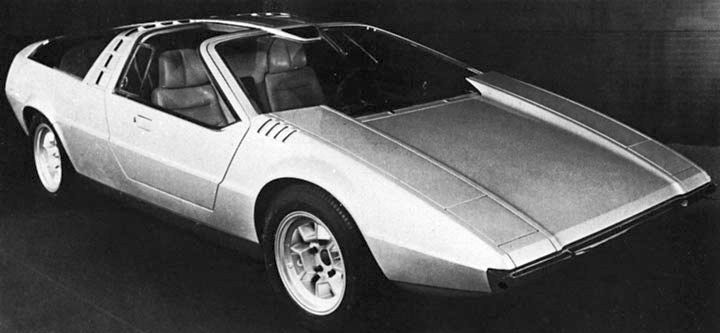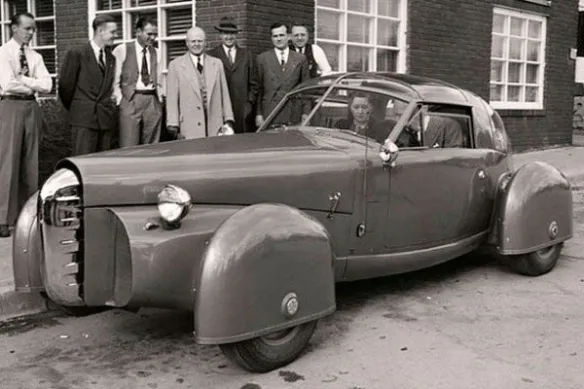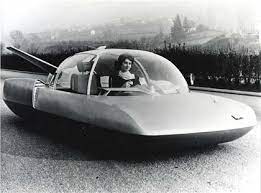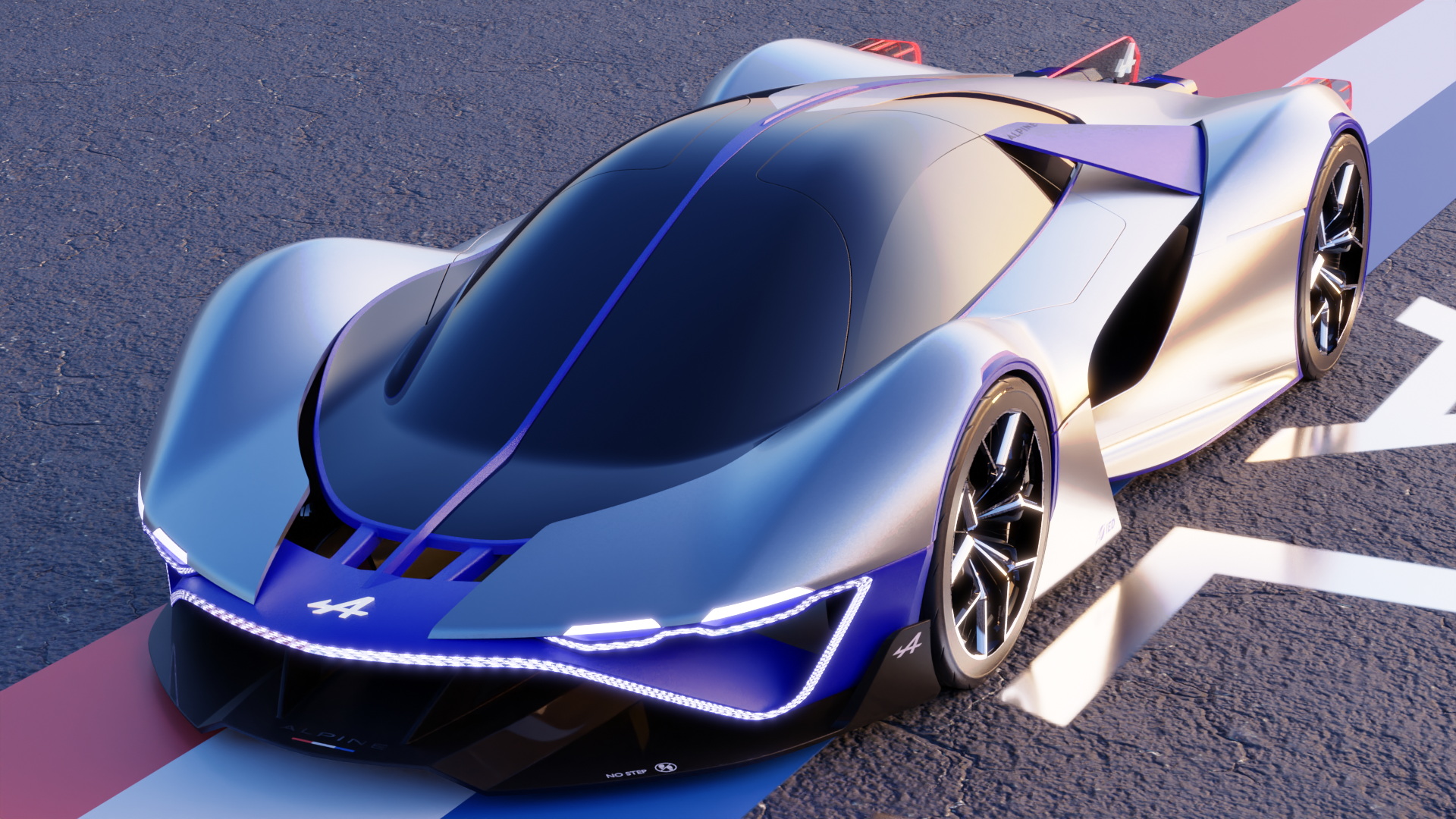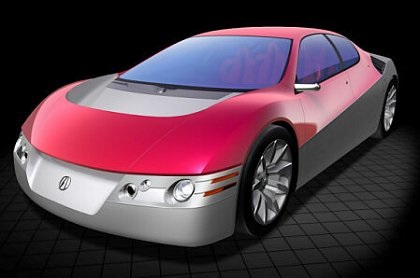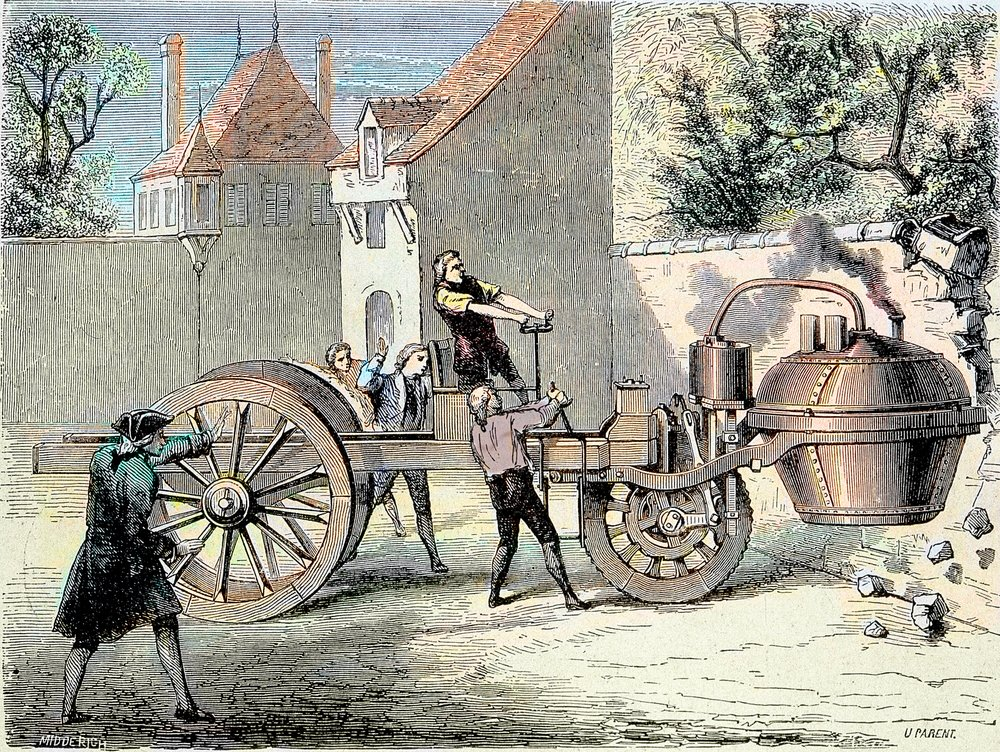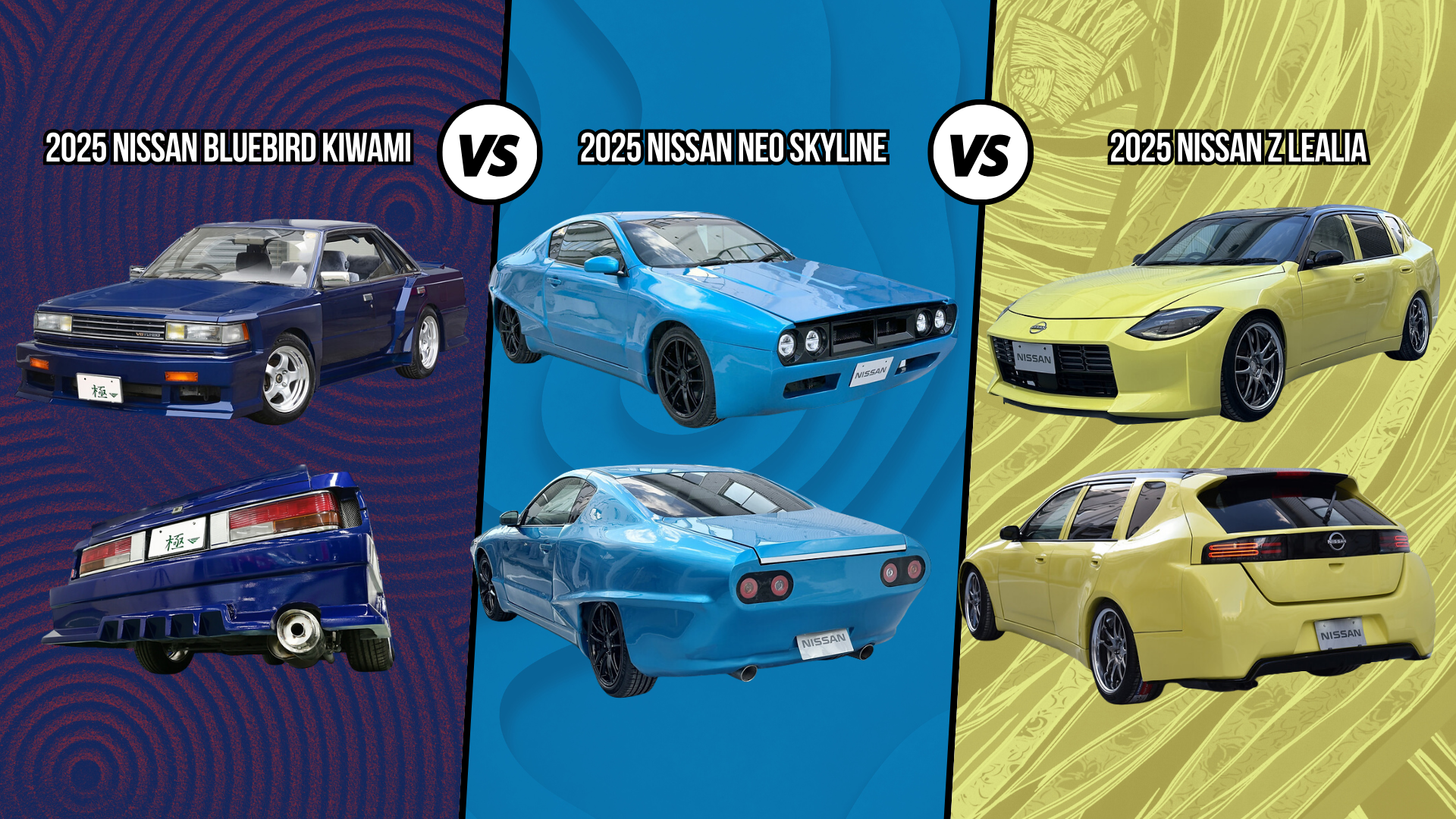1969 Ferrari Sigma Grand Prix Monoposto F1 by Pininfarina
- Story Cars
- Mar 30, 2022
- 1 min read
The Ferrari Sigma, also known as the Ferrari Sigma Grand Prix, was a Formula One show car built in 1969 by Pininfarina. The Sigma, presented on 13 March 1969 in Geneva, was a prototype never intended to compete in any Formula One races. The main inspiration for creating the car was that many Formula One drivers died in accidents because of low safety standards. The Sigma was built in 1969 in cooperation with Pininfarina and Revue Automobile with the support of Enzo Ferrari, Fiat, and Mercedes. The car's name ("Sigma") was chosen because Pininfarina had built a car with that name several years before.
Paolo Martin designed the car. It was based on the Ferrari 312 and weighed 590 kilograms (1,300 lb). It was equipped with a 3.0-liter V12 engine with 436 horsepower (325 kW). This car was to be a "future car," showing mainly new safety standards. Many innovations included a driver survival cell, multi-layer fuel tanks, a fire extinguisher system, plastic fuel tanks, a safety belt system, and sidepods protruding behind the rear wheels to prevent interlocking wheels. Pininfarina owns the original car.
Source: Ferrari Sigma - Wikipedia. https://en.wikipedia.org/wiki/Ferrari_Sigma
Images: Pininfarina; www.shorey.net; www.italiaspeed.com; Paolo Martin - www.paolomartindesigner.com






























